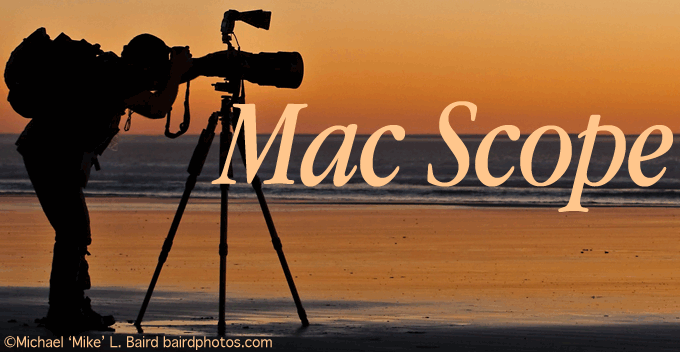2003: Recent reports indicate that governments around the world are considering the switch away from Windows to Linux. This has Microsoft worried enough to create a battle Linux slush fund to convince governments to stick with Windows.

Apple should be taking advantage of these corporate switchers. It’s no secret that big bucks can be made on government and corporate contracts. Now that governments seem to be in the mood to move away from Windows, there’s a window of opportunity for Apple.
This window may be smaller than it first appears, though.
Switching From Microsoft
What’s driving this switch campaign? There are two big things.
One is the need for access to the source code. Microsoft has made an attempt to meet this need with their “shared source” initiative. What governments really seem to want, though, is control over the source and the ability to change things to suit their needs. Shared source is not the solution for them.
Reasons for this vary. Some governments feel they must customize software for specific needs. China may think of Microsoft as a national security problem intentionally leaving backdoors open for the NSA.
Apple is in the same boat as Microsoft on this one. Apple’s code (Darwin notwithstanding) is closed. You cannot change or customize it (at least to the degree that some government would like).
Because of Apple’s closed nature, it won’t be able to ride the new wave of government switchers.
The second main reason to move away from Microsoft is that governments would prefer to use more than one vendor. Microsoft has made a good run of locking in customers, but some bean counters somewhere are looking at the numbers and realizing that sticking with just Microsoft may cost more than it’s worth in terms of downtime (when viruses strike), support (when new patches need to be installed), and maintenance (when computers go down).
The other problem with using a single vendor is that Microsoft has much more control over the customer and can dictate prices. The very existence of the slush fund demonstrates how governments can benefit if competition is introduced into the market.
Apple has a better chance here. It can promote itself as a way of creating diversity in the government environment. With open standards being used, Macs and Windows boxes can coexist happily on the same network. File transfers and exchanges between groups can also be seamless.
This is still a tough row to hoe for Apple considering that Linux is free and can be installed on any old PC that the customer has laying about. However, the very fact that governments are looking elsewhere for computer vendors means opportunity for Apple.

